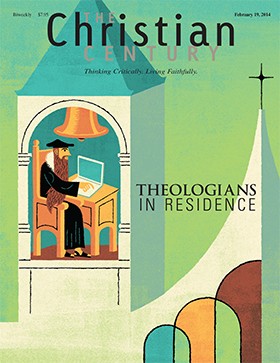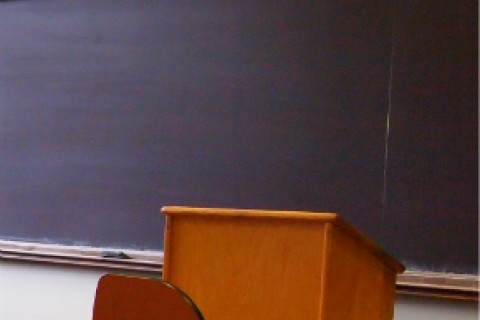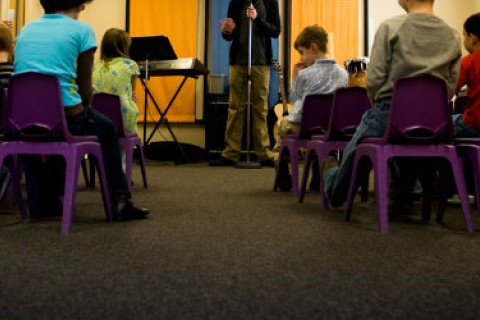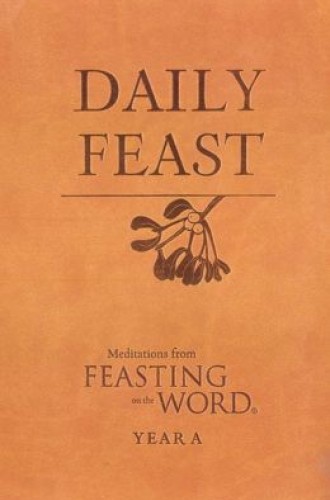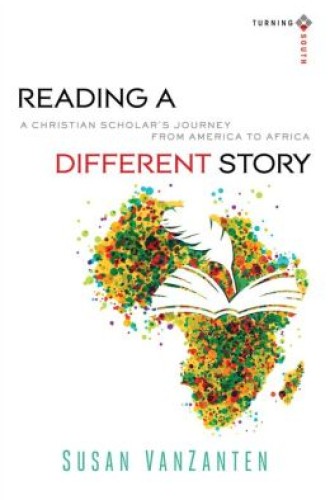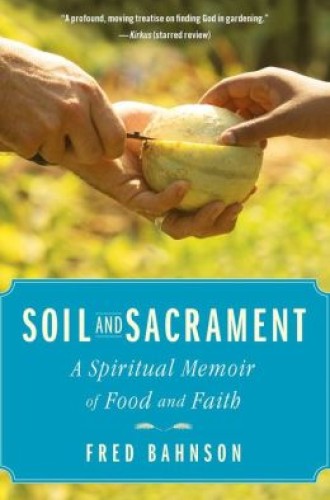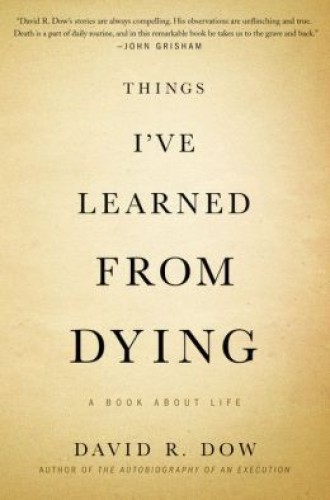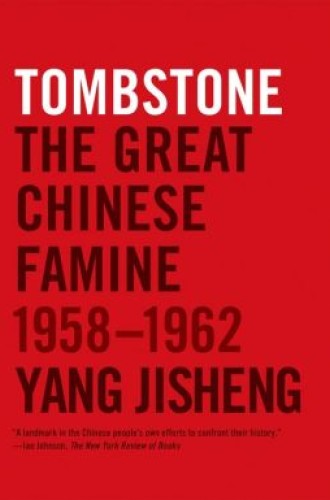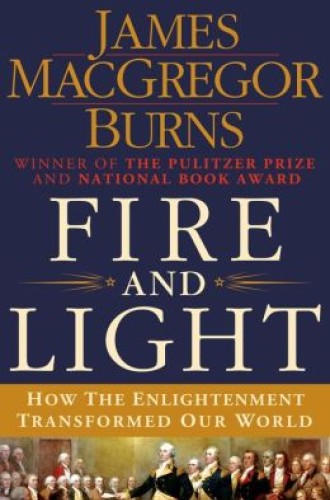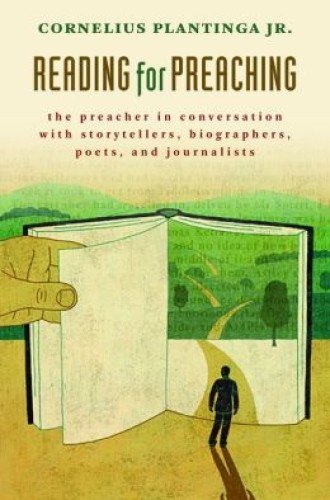Features
Violence interrupted: A video course on Jesus as forgiving victim
Something old, something new: Innovation in theological education
A fool’s awakening
What reaches children? The Sunday school challenge
Theologians in place: Thinking about God together
Books
Daily Feast, edited by Kathleen Long Bostrom, Elizabeth F. Caldwell, and Jana K. Riess
Reading a Different Story, by Susan VanZanten
Earthy vocation
U.S. society has shorn food production of its spiritual dimension. Fred Bahnson and Ragan Sutterfield explore this issue from different directions.
Things I’ve Learned from Dying, by David R. Dow
Tombstone, by Yang Jisheng, and Three Famines, by Thomas Keneally
Yang Jisheng argues that totalitarian states tend to develop policies in a vacuum and find it difficult to change course. Thomas Keneally would agree.
Fire and Light, by James MacGregor Burns
James MacGregor Burns has authored an eminently readable history of that elusive historical movement we call the Enlightenment.
Reading for Preaching, by Cornelius Plantinga Jr.
Cornelius Plantinga Jr. contends that to be fully prepared to share a word from God with a congregation, a preacher should attend to storytellers, biographers, poets and journalists.


